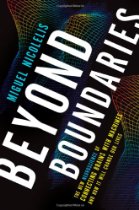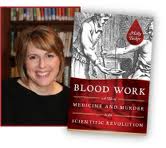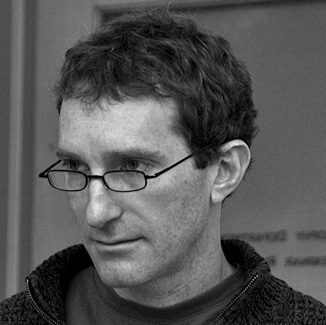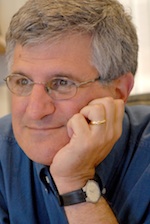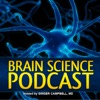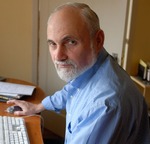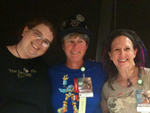Ginger Campbell Celebrates Five Years of Podcasting (BI 45)
/ Ginger Campbell and GretaIn December 2006 I launched 2 podcasts: Books and Ideas and the Brain Science Podcast. In Episode 45 of Books and Ideas I take a few minutes to look back on my five years in podcasting and to thank some of my many guests.
Ginger Campbell and GretaIn December 2006 I launched 2 podcasts: Books and Ideas and the Brain Science Podcast. In Episode 45 of Books and Ideas I take a few minutes to look back on my five years in podcasting and to thank some of my many guests.
![]() Listen to Episode 45 of Books and Ideas
Listen to Episode 45 of Books and Ideas
Episode Transcript (Download Free PDF)
Subscribe to Books and Ideas Podcast: ![]()
![]()
![]()
![]()
Show Notes:
The focus of this episode was to thank each of the 33 people who have been featured on Books and Ideas so far.
- Historians: Matthew Cobb, Holly Tucker, and Jennifer Michael Hecht
- Scientists: Lee Silver, Pamela Gay, Robert Schleip, Eugenie Scott, Les Johnson, Daniel George, Sheril Kirshenbaum, and Frank Wilczek
- Philosophers: Massimo Pigliucci and Tom Clark
- Physicians: Paul Offit, Robert Martenson, Neel Varshney, and Steven Novella
- Fiction Writers: Mur Lafferty, Christiana Ellis, Scott Sigler, Tabitha Grace Smith, Skyler White, and Karen Traviss
- Psychologists: Delany Dean, Eric Maisel, Bruce Hood and Carol Tavris
- Other Writers: Dan Ariely, Sue Bailey, and Carmen Flowers
- Special Guests: Patrick Pricken, Kirk McElhearn and Kyla Duffy
Click here for a complete list of guests (in alphabetical order).
Click here for a complete list of episodes.
Announcements:
- In addition to its Facebook Fan Page, Books and Ideas now has a page on Google+.
- The Books and Ideas app is now available for iPhone, iPad and Android devices.
- Sign up for my newsletter so that you don't miss any podcasts.
- Both of my podcasts are supported by listener donations.
- Send me feedback at gincampbell at mac dot com.
